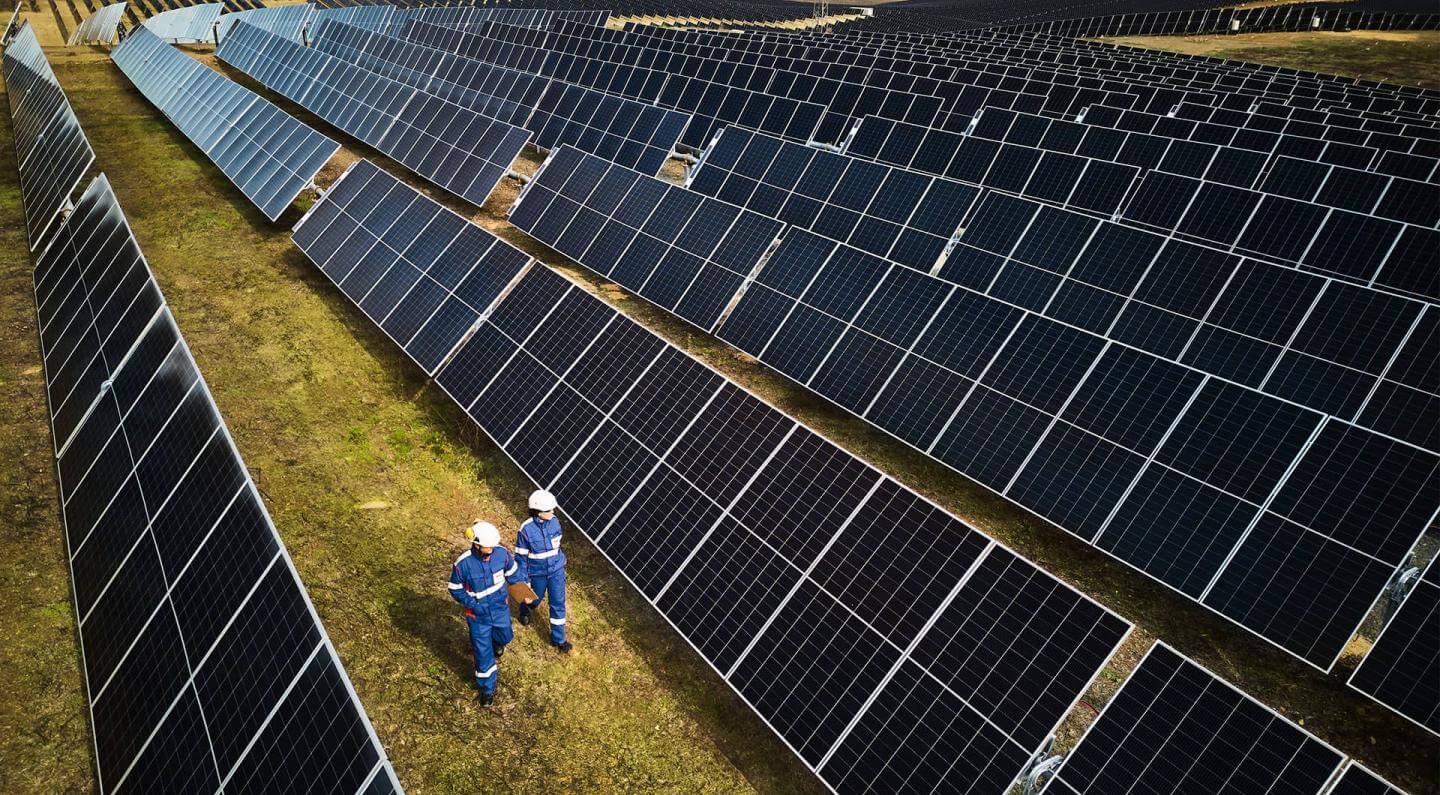×


We explore the lessons that can be learned from this major power outage for Europe's energy transition
On 28th April 2025, the Iberian Peninsula experienced a major power outage, leaving millions without electricity for much of the day. This event highlights key challenges as Europe pursues ambitious renewable energy targets.
The causes
The blackout occurred during a period of high renewable generation, with solar, wind and hydro providing over 100% of Spain's demand. Just before the outage, Spain was exporting 4.3 GW of surplus power to France, Portugal, and Morocco and leveraging another 3 GW to restock pumped hydroelectric facilities.
Three key factors contributed to the system's vulnerability:
1. High renewable penetration: Solar corresponded to 56% of peninsular generation, while more than 70% of production came from non-dispatchable sources.
2. Reduced conventional capacity: High forecast renewable production and moderate demand crowded out thermal capacity including several nuclear plants that were offline due to economic pressures from low power prices.
3. Limited interconnection capacity between the Iberian Peninsula and France which is a fraction of the level recommended per EU guidance.
There were several grid frequency issues that morning though the event unfolded rapidly:
The impacts
Key implications include:
While Spain's government remains committed to the energy transition, we expect increased debate about nuclear phase-out plans and increased focus on grid security and resilience. What will be the impact on renewable asset owners and developers? Could centralised support for new PV and onshore wind lose momentum?
This event serves as a critical case study for policymakers and grid operators across Europe as the continent pursues ambitious decarbonisation goals